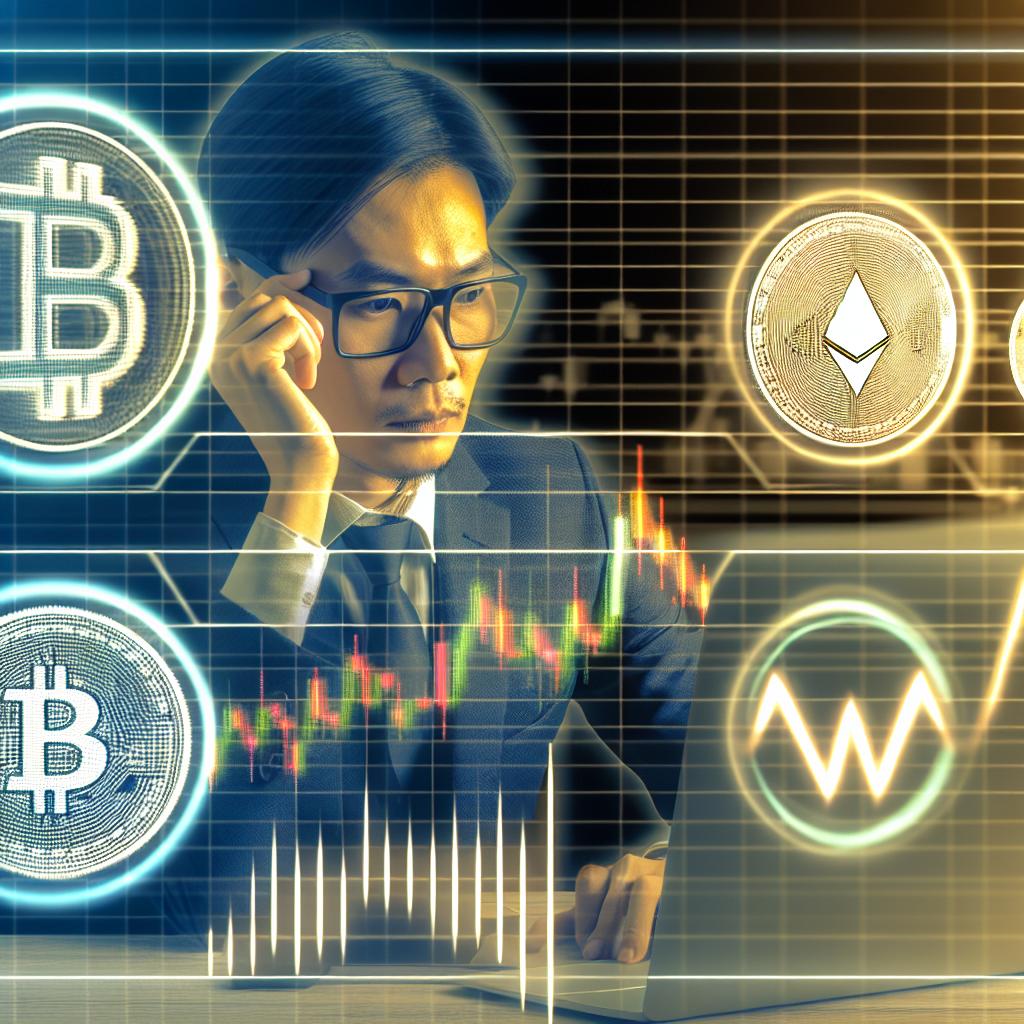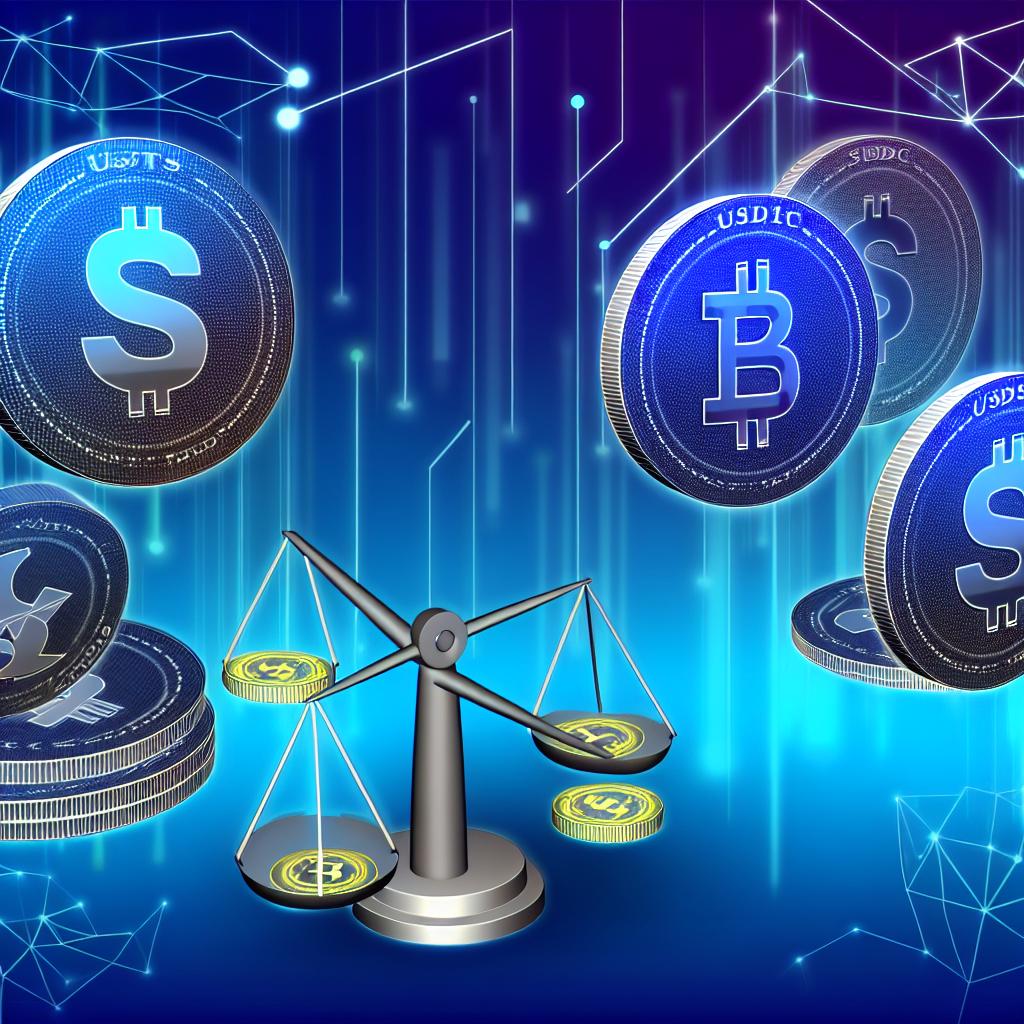Understanding Non-Fungible Tokens (NFTs)
In recent years, the digital world has witnessed a surge of numerous technological advancements, with one of the most notable being Non-Fungible Tokens, or NFTs. These unique digital assets have garnered significant interest from various individuals, companies, and investors. This article explores what NFTs are, the distinctive characteristics that define them, and the profound impact they have on various sectors.
What Are NFTs?
NFTs, or Non-Fungible Tokens, represent unique digital assets that are authenticated and verified using blockchain technology. Unlike cryptocurrencies such as Bitcoin or Ethereum, which are fungible—meaning each unit is the same as the next—NFTs are non-fungible. This distinction implies that each NFT is a one-of-a-kind digital item that cannot be interchanged on a one-to-one basis with another.
Characteristics of NFTs
Uniqueness: One of the core characteristics of NFTs is their uniqueness. Each NFT has specific information or attributes that are distinctively embedded within it, rendering it unique. This aspect of uniqueness is securely maintained by recording the data of the token on a blockchain, which acts as a decentralized digital ledger.
Indivisibility: Unlike cryptocurrencies, which can be divided into smaller units, NFTs are generally indivisible. This means that NFTs, by design, are not typically fractionable. You either own the entire NFT or none of it at all.
Ownership Verification: The transparent nature of blockchain technology ensures that ownership of NFTs is both verifiable and auditable. When someone purchases an NFT, the transaction is recorded on the blockchain. This process effectively makes the buyer the authenticated owner of the digital asset, providing clear proof of possession.
Types of NFTs
NFTs can take on varied forms. Although digital art is among the most recognized applications of NFTs, the concept extends beyond this to encompass several domains:
Digital Art: Digital artists now have the opportunity to tokenize their works, enabling them to sell authentic editions directly to buyers without intermediaries. A notable instance is the digital artist Beeple, who successfully auctioned a JPEG file for millions, underscoring the potential for artists to capitalize on digital platforms.
Music and Video: Musicians and filmmakers are leveraging NFTs to distribute their media directly to their audiences, effectively sidestepping the need for traditional distribution networks. This approach presents a new model of content monetization that empowers creators by reducing reliance on third-party services.
Virtual Real Estate: In the realm of online gaming and virtual worlds, NFTs allow users to trade plots of land, buildings, and other digital properties. These transactions manifest as NFTs, offering players opportunities to engage in unique experiences and investments.
Collectibles: The NFT space has also found applications in the domain of digital collectibles. These collectibles can range widely from digital trading cards to virtual pets, to other memorabilia that holds sentimental or nostalgic value for collectors.
The Impact of NFTs
NFTs have ignited substantial debate and interest due to their potential to transform the landscape of digital ownership and commerce. By offering a platform for artists and creators to monetize their work directly, NFTs promise a democratization of economic participation where the role of intermediaries is minimized. Despite this potential, NFTs are not without their controversies—particularly surrounding the environmental implications of blockchain technology which is often energy-intensive.
Additionally, NFTs’ entrance into various industries, spanning from gaming to finance, has opened new avenues for both investment and innovative financial opportunities. This burgeoning market attracts interest while posing novel challenges and considerations for stakeholders to navigate.
Understanding the ongoing development and dynamic challenges associated with NFTs remains crucial for stakeholders looking to engage with this technology effectively. For a deeper exploration, resources such as [CoinDesk](https://www.coindesk.com/) and [NFT Now](https://nftnow.com/) provide expanded insights and analyses relating to NFTs and their diverse applications across a multitude of sectors.
Conclusively, the future of NFTs appears promising, with possibilities that are broadening the horizon for new forms of digital interaction, ownership, and commerce. As advances continue to unfold, stakeholders must remain vigilant and informed on both the potential rewards and inherent risks accompanying this rapidly evolving digital frontier.
This article was last updated on: June 12, 2025



